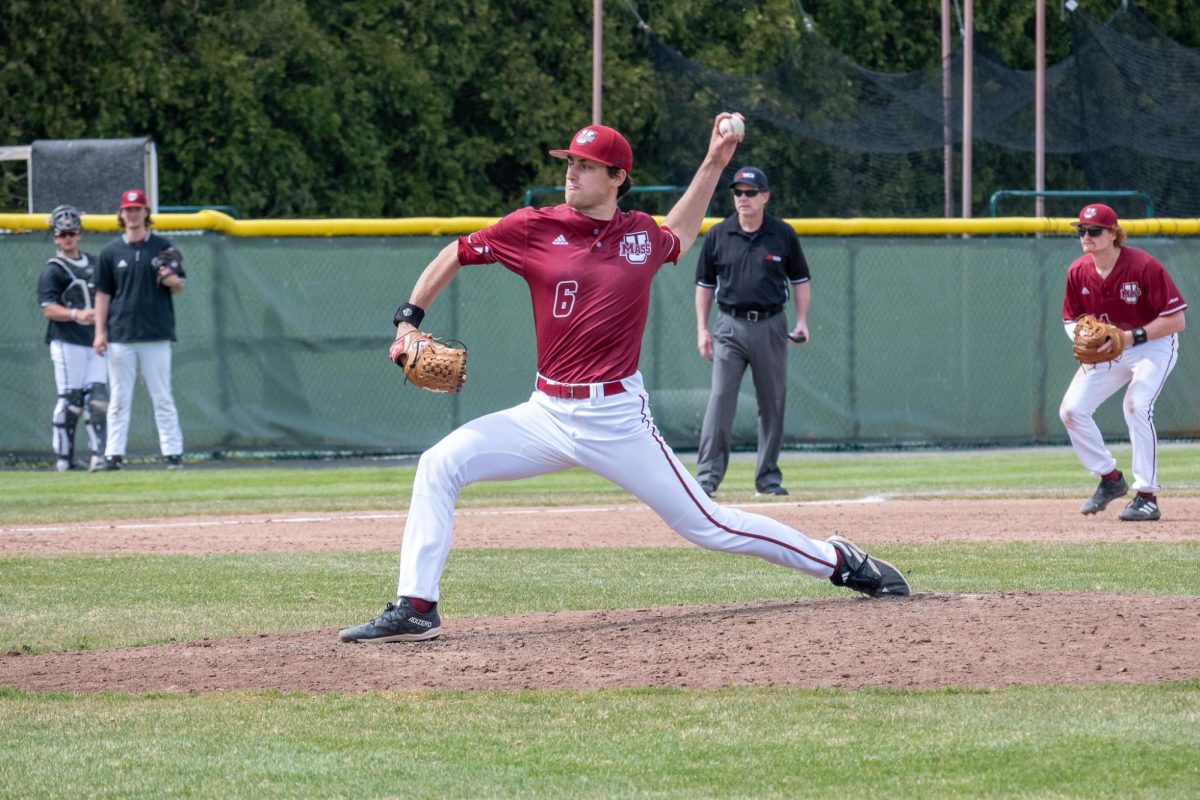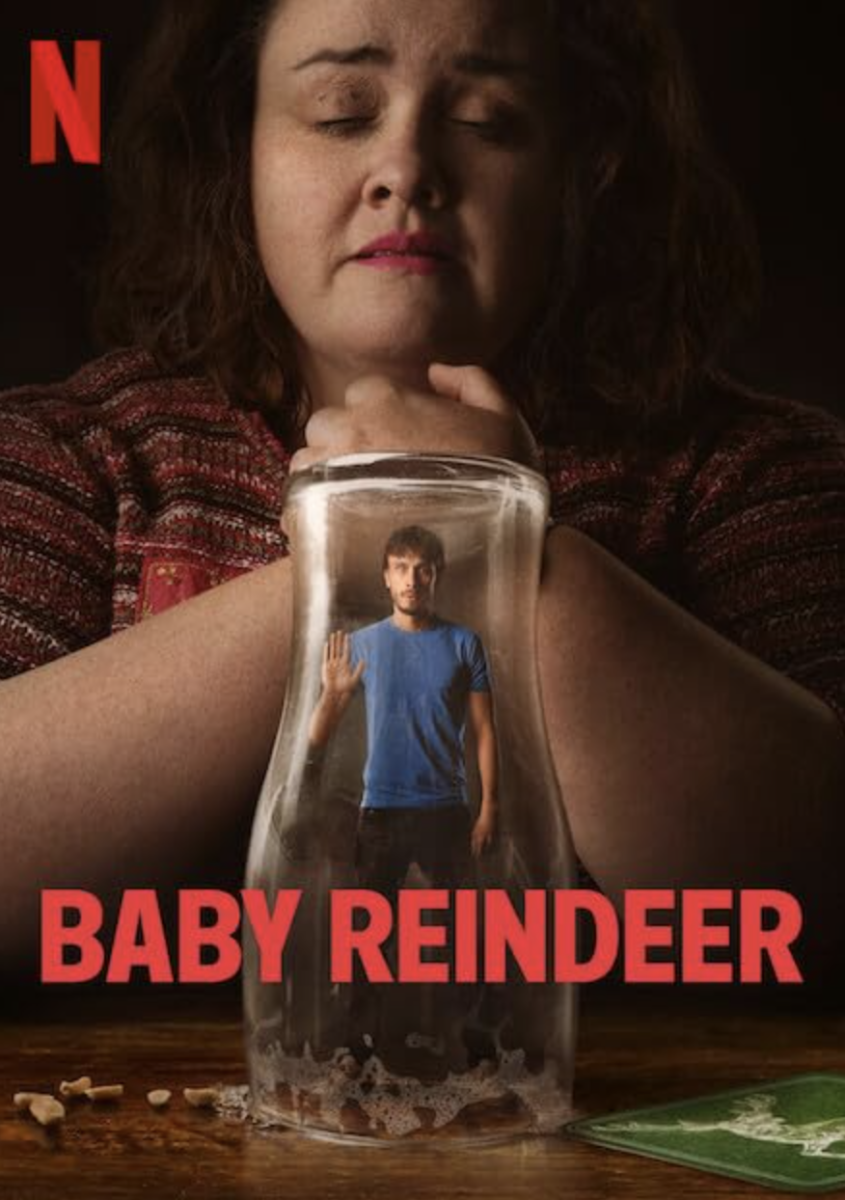You can invite three guests to dinner. Those guests can be out of any historical time period for any reason you want. Who would you invite and why?
Question: Suppose for a second that everything you and I know, all the information which has led us and the rest of humanity to this given point in time, is absolutely, totally and wholly incorrect. Suppose for a second that everything you or I have ever been taught is based on a lie or a series of lies put forth by the lowest common denominator which spread through the years as a medical pandemic spreads through a civilization. If this is true, to correct all that is, where do you look to? Who would you go to for answers?
The answer: You would look to history. Not history in all of its totality. You would look for the first available source of human knowledge ever written down. You would shift through centuries of time and documentation until you arrived at the start of said documentation and time. You would look at the Sumerian Culture.
If you were to look at human history on as a basic time lapse, it would become evident that we are currently living in the nine-to-11-thousandth years of said history. With this stated, in the piece which preceded this, which was predicated upon the aforementioned hypothetical question, my first choice of diners was Mary Magdalene for a few reasons.
However, I left my main reason out. When one charts Mary Magdalene on a basic time lapse, it could be said that she marks the start of a new world. She delineates a period of time which the world we are currently living in was born out of. With this in mind, I began thinking about my second and third guests for dinner.
My second and third guests jumped to my attention because of their placement in history. If Mary is the middle child of time (so to say), then undoubtedly the people of the ancient Jericho (9,000 B.C.) and Albert Einstein would be the beginning – and latter-most children of time, respectively. Due to this, my second guest would be Albert Einstein.
Taken as a whole, Einstein represents the foremost furthered thought to all of humanity. It could be argued that within the history of humanity no one has contributed more to the future thought of society as Einstein. His equations are still thought about and will, one day be applied to a future human society for the benefit of all man kind. In a sense, with his equations Einstein laid the path and set the groundwork for the future of human thought. He wrote the blueprints for the future of humanity.
Conversely, my other guest would be anyone from the ancient settlement of Jericho. If we assume that everything we have ever been taught is or has a high possibility of being incorrect, it would seem only natural to want to rediscover where all said thought originated. The answer to that are the people of ancient Jericho. However, because we can’t pinpoint a single name of significance from this oldest of settlements, my third and final guest I would have for dinner would be an ancient ruler named Anbu.
Anbu was, in short, the first known human ruler of Sumer. He ruled Sumer for 30 years under the Dynasty of Mari. Before him, all the kings of ancient Sumer were noted by Sumerian history to have lived for a few hundred/thousand years (Gods); essentially, he was the first human king of any civilization. With this said, Anbu is the first known child of time. He is the start of it all.
My three guests at dinner would be Anbu, Mary Magdalene and Einstein; three different souls from three entirely different eras of human history. I would have them all for one meal to pose two different questions. Those questions being: While you were alive, did you think humanity was on the brink? That is to say, did you think, in all your knowledge of the world that we would survive longer then your given life span? The second question would be, now that you see that humanity has survived, what are your thoughts on it and do you think we will survive for another nine to 10 thousand years?
I would ask them this because it has been said time and time again, but the more we all know about each other, the greater chances we have of surviving. My main reason for asking Mary Magdalene and the other guests to dinner would be to have a greater understanding of what makes us all human.
In some ways we have evolved – humanity has gone from huts to skyscrapers, from feet to spaceships and from dirt to sky. Yet, for as much as we have changed, we are still the same. I would invite said guests to get a better understanding of what binds us all. I would ask them to dinner to redefine and rediscover what human means.
Brad Leibowitz writes on Thursdays. He can be reached at [email protected]






